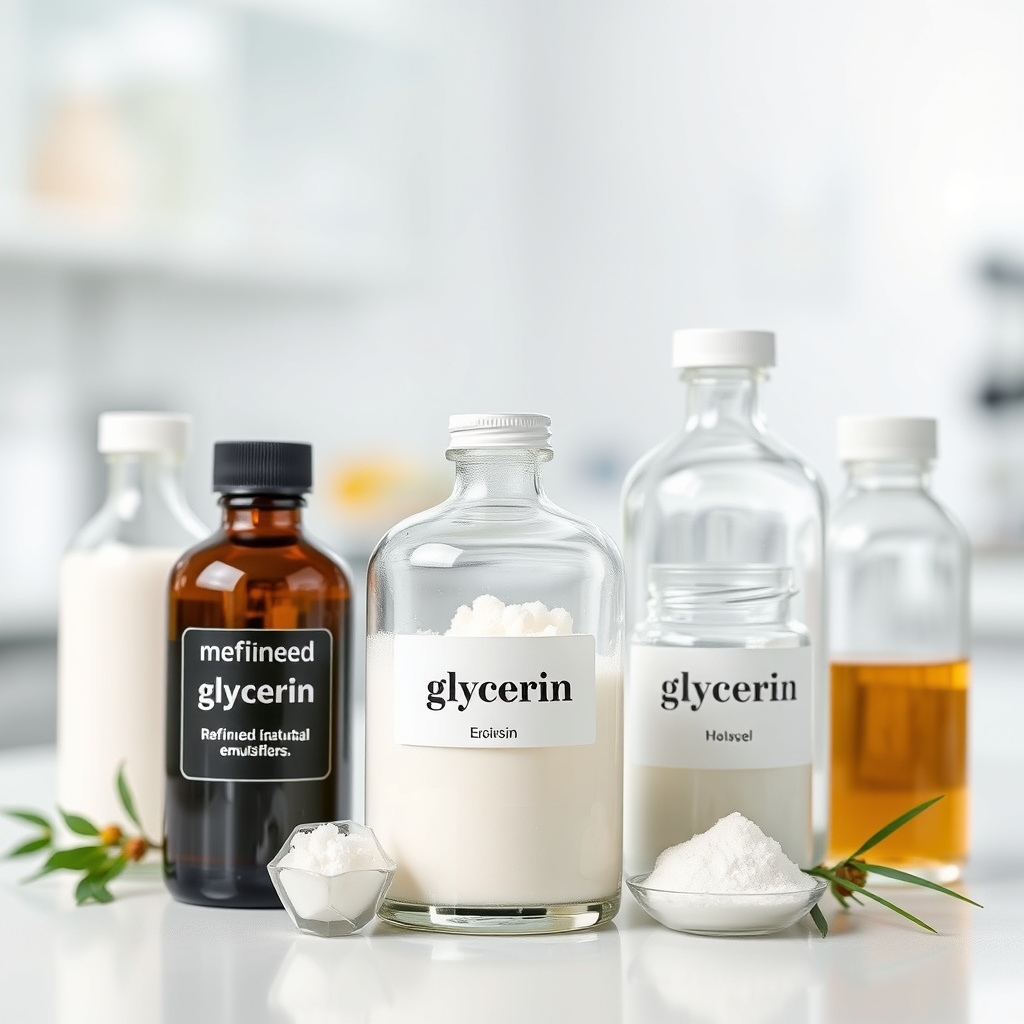Understanding Glycerin in the Chemical Industry
Glycerin, also known as glycerol, is a colorless, odorless, viscous liquid that is widely used in the chemical industry. As a byproduct of biodiesel production, crude glycerin has gained attention for its versatility and economic advantages. It serves as a humectant, solvent, and sweetener in various applications, making it an essential component in pharmaceuticals, cosmetics, and food processing. The glycerin industry is evolving, driven by sustainability and the increasing demand for natural ingredients.
Market Trends in Glycerin Production
The glycerin market is characterized by its rapid growth, largely influenced by the rise in biodiesel production. As countries implement stricter regulations on carbon emissions, the demand for biodiesel and, consequently, crude glycerin, is expected to surge. This trend is further supported by consumer preferences shifting towards eco-friendly products. Companies like Diplomata are strategically positioned to capitalize on these market trends, ensuring a consistent supply of high-quality crude glycerin to meet the growing needs of various industries.
Applications of Crude Glycerin
Crude glycerin finds extensive applications across multiple sectors. In the pharmaceutical industry, it acts as a solvent and preservative, while in cosmetics, it is valued for its moisturizing properties. Additionally, the food industry utilizes glycerin as a sweetener and humectant, enhancing product shelf life. The versatility of crude glycerin makes it a valuable ingredient, allowing manufacturers to innovate and create new formulations that cater to consumer demands for natural and sustainable products.
Quality Standards and Regulations
Ensuring the quality of crude glycerin is paramount for manufacturers and end-users alike. Regulatory bodies such as the FDA and EFSA have established guidelines that govern the acceptable levels of impurities in glycerin products. Adhering to these standards not only guarantees product safety but also enhances the reputation of suppliers like Diplomata in the competitive glycerin market. Compliance with these regulations is crucial for maintaining trust and ensuring customer satisfaction.
Global Trade Dynamics of Crude Glycerin
The global trade of crude glycerin is influenced by various factors, including production capabilities, market demand, and international regulations. Countries like Brazil and the United States are key players in the glycerin export market, with Diplomata leading the way in providing high-quality crude glycerin to customers worldwide. Understanding these trade dynamics is essential for manufacturers and suppliers to navigate challenges and seize opportunities in the ever-evolving glycerin landscape.
Environmental Impact and Sustainability
Sustainability is a significant consideration in the glycerin industry. The production of crude glycerin as a byproduct of biodiesel not only reduces waste but also promotes a circular economy. Manufacturers are increasingly focusing on sustainable practices, such as using renewable resources and minimizing environmental footprints. Diplomata is committed to sustainability, ensuring that its glycerin production processes align with eco-friendly practices, thereby attracting environmentally conscious consumers.
Technological Advancements in Glycerin Production
Technological innovations have played a crucial role in enhancing glycerin production efficiency. Advanced extraction techniques and purification processes have improved the quality and yield of crude glycerin, making it a more viable option for various applications. Companies like Diplomata are investing in state-of-the-art technology to remain competitive in the glycerin market, ensuring they can meet the growing demands of their clientele with superior products.
Future Prospects for the Glycerin Industry
The future of the glycerin industry looks promising, driven by ongoing research and development efforts. As new applications for glycerin are discovered, its market potential continues to expand. Additionally, the increasing focus on sustainability and natural ingredients will likely propel the demand for crude glycerin in various sectors. Diplomata is poised to lead this charge, leveraging its expertise and resources to meet the evolving needs of customers in the United States and beyond.
Challenges Faced by Glycerin Manufacturers
Despite its growth, the glycerin industry faces several challenges, including fluctuating raw material prices and competition from synthetic alternatives. Manufacturers must navigate these hurdles to maintain profitability and market share. Diplomata’s strategic approach, which includes diversifying its product offerings and strengthening supply chain relationships, enables the company to effectively mitigate these challenges while continuing to deliver high-quality crude glycerin to its customers.
Conclusion
As the glycerin industry continues to evolve, staying informed about market trends, applications, and regulatory standards is essential for manufacturers and suppliers alike. By understanding these insights, companies like Diplomata can better position themselves to meet customer needs and lead the way in the glycerin market.


